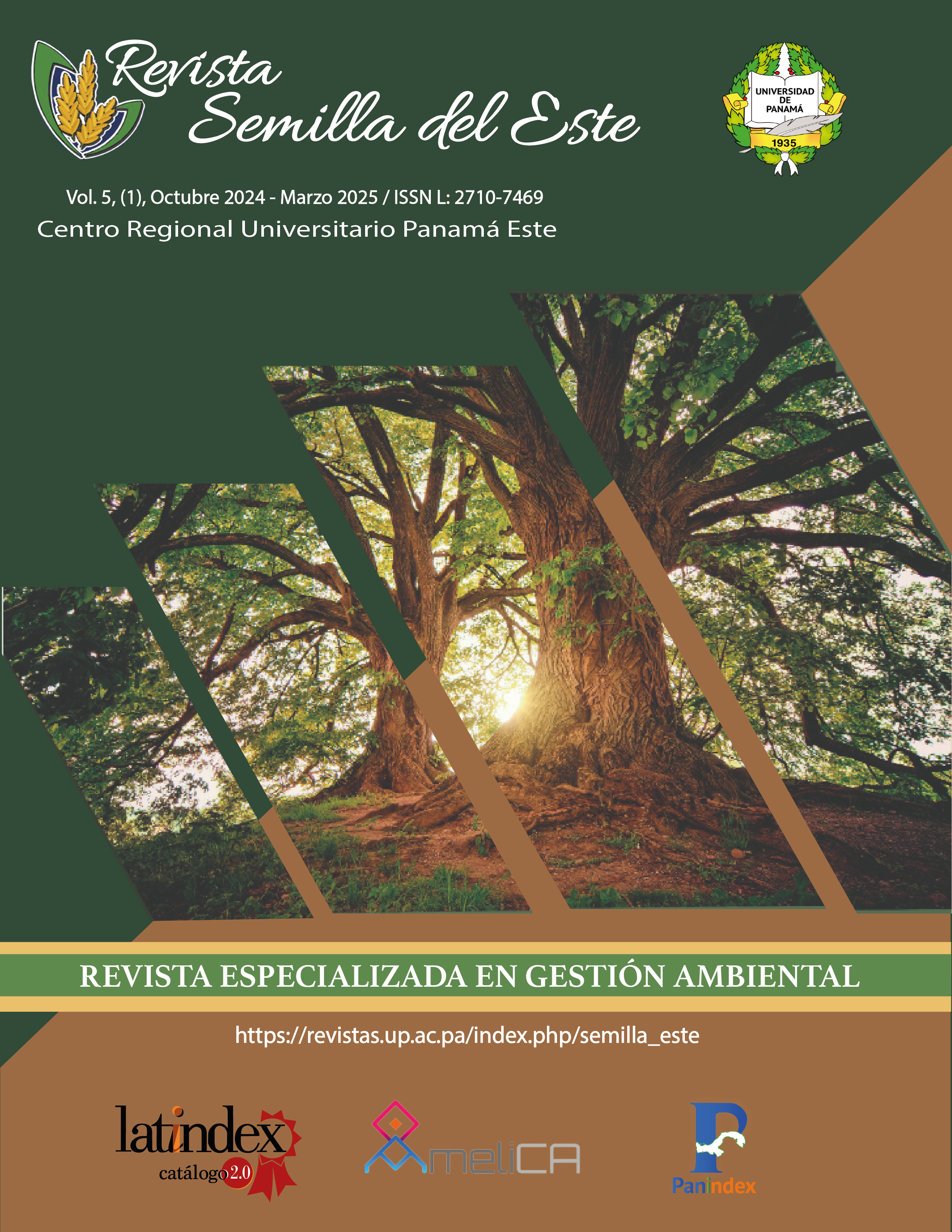


This work is licensed under a Creative Commons Attribution-NonCommercial-ShareAlike 4.0 International License.
The study carried out in the Santa Fe National Park revealed a significant problem regarding plastic bag pollution in the area surrounding the “Sendero los Tucanes” park. This descriptive study sought to identify and categorize waste from a transect adjacent to the park. The data was obtained through remote observation every 15 days, without interaction with people, over a period of 4 months. The tool used allowed the categorization and counting of the final disposal of waste left by tourists and passers-by. The results show that plastic bags represent the most abundant category of waste found, with 73%, and scraps of cloth (8%) and paper/cardboard (6%) were found in a smaller proportion. Plastics are not biodegradable and can take up to 500 years to degrade, releasing microplastics that contaminate ecosystems for centuries. In contrast, natural fibre fabric and paper/cardboard are biodegradable materials that can be recycled more easily. The high proportion of plastics in a protected area is worrying because of the harmful effects on the environment and the possible accumulation of microplastics in the food chain, with negative impacts on health. In Panama, the law allowing the use of reusable bags is a step in the right direction. To reduce the environmental impact of this waste, clandestine dumps must be eliminated with strong laws, in addition to reducing, reusing and recycling waste in the Santa Fé National Park.